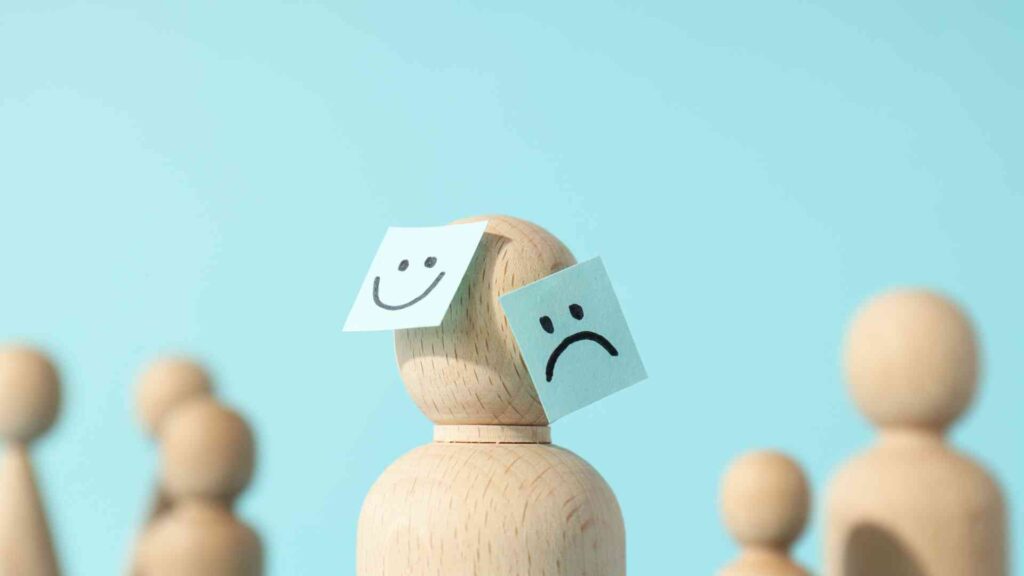यौन स्वास्थ्य के सभी पहलुओं के लिए व्यापक जानकारी प्राप्त करें और अपने यौन कल्याण को सशक्त बनाने के लिए संसाधन और मार्गदर्शन खोजें।
Erectile dysfunction (ED) is a condition that affects many men worldwide, leading to significant stress,…
यौन स्वास्थ्य के सभी पहलुओं के लिए व्यापक जानकारी प्राप्त करें और अपने यौन कल्याण को सशक्त बनाने के लिए संसाधन और मार्गदर्शन खोजें।
Erectile dysfunction (ED) is a condition that affects many men worldwide, leading to significant stress,…
Achieving and maintaining a strong penile erection is a common concern for many men. It…
Erectile dysfunction (ED) means having trouble getting or keeping an erection that’s good enough for…
The International Society for the Study of Women’s Sexual Health describes Hypoactive sexual desire disorder…
Erectile dysfunction (ED) is a common condition affecting men, often characterized by the inability to…
The pelvic floor muscles are the unsung heroes of our body’s core, providing support to…
Assertiveness is a crucial skill that enhances communication, reduces stress, and promotes self-confidence. It enables…
Depression (also known as, major depressive disorder, or clinical depression) is a complex and often misunderstood mental health condition that affects millions of people worldwide.
विषयसूची
विषयसूचीDepression is a serious mood disorder characterized by persistent feelings of sadness, hopelessness, and a lack of interest or pleasure in activities once enjoyed.
It is not simply feeling down or experiencing temporary sadness; rather, it significantly impacts a person’s daily functioning and quality of life.

Recognizing the symptoms is crucial for early intervention and treatment.
Common symptoms include:
Depression manifests in various forms, each with its own unique characteristics and presentation. Understanding the different types can help individuals and their loved ones recognize and address specific challenges associated with each subtype.
Here are some common types:
MDD is the most common form of depression. It involves persistent feelings of sadness, hopelessness, and a loss of interest or pleasure in activities once enjoyed.
Symptoms are severe enough to interfere with daily functioning and may last for weeks or even months if left untreated.
Formerly known as dysthymia, PDD is a chronic form of depression characterized by milder but long-lasting symptoms that persist for at least two years. Individuals with PDD may experience fluctuations in mood but generally maintain a low level of depressive symptoms over an extended period.
Related: All About Persistent Depressive Disorder (Dysthymia)

Bipolar disorder is characterized by alternating periods of depression and mania or hypomania. During depressive episodes, individuals may experience symptoms similar to those of MDD, while manic or hypomanic episodes involve elevated mood, increased energy, and impulsive behavior.
SAD is a subtype of depression that occurs seasonally, typically during the fall and winter months when there is less natural sunlight. Symptoms may include fatigue, increased sleep, weight gain, and a craving for carbohydrates. Light therapy and lifestyle modifications are often effective in managing SAD symptoms.
Related: Why depression increases in winter?
Psychotic depression is characterized by severe depressive symptoms accompanied by psychotic features, such as hallucinations (seeing or hearing things that aren’t real) or delusions (false beliefs). Individuals may experience a break from reality and require specialized treatment, including antipsychotic medications.
PPD occurs in some women after childbirth and is characterized by feelings of sadness, anxiety, and exhaustion that interfere with daily functioning. Hormonal changes, sleep deprivation, and the stress of caring for a newborn can contribute to the development of PPD. Support from healthcare providers, therapy, and medication can help manage symptoms.
Related: Postpartum Depression: All You Need To Know

PMDD is a severe form of premenstrual syndrome (PMS) characterized by intense mood swings, irritability, and depressive symptoms in the days leading up to menstruation. Hormonal fluctuations during the menstrual cycle are believed to contribute to the development of PMDD.
The exact causes are multifaceted and can vary from person to person.
Some contributing factors may include:
Related: What Causes Low Self-Esteem?
Diagnosis involves a comprehensive evaluation by a qualified healthcare professional, such as a psychiatrist or psychologist. This typically includes:

Fortunately, depression is a highly treatable condition, and several effective treatment options are available:
Related: क्या भूमध्यसागरीय आहार अवसाद में मदद करता है?
Depression is a serious mental health condition that can have a profound impact on an individual’s life. By understanding the meaning, symptoms, causes, diagnosis, and treatment, individuals can take proactive steps to seek help and improve their overall well-being.
If you or someone you know is struggling with depression, don’t hesitate to reach out to a healthcare professional for support and guidance. Remember, help is available, and recovery is possible.
संदर्भ
एमबीबीएस और एमडी डिग्री वाली मेडिकल डॉक्टर डॉ. निष्ठा पोषण और कल्याण के प्रति गहरी रुचि रखती हैं। शारीरिक और मानसिक स्वास्थ्य के साथ महत्वपूर्ण संघर्षों से भरी उनकी व्यक्तिगत यात्रा ने उन्हें अनगिनत व्यक्तियों के सामने आने वाली चुनौतियों के प्रति एक अद्वितीय सहानुभूति और अंतर्दृष्टि प्रदान की है। अपने स्वयं के अनुभवों से प्रेरित होकर, वह व्यावहारिक, साक्ष्य-समर्थित मार्गदर्शन प्रदान करने के लिए अपनी पृष्ठभूमि का लाभ उठाती है, जिससे दूसरों को समग्र कल्याण प्राप्त करने के रास्ते पर सशक्त बनाया जा सके। डॉ. निष्ठा वास्तव में मन और शरीर के अंतर्संबंध में विश्वास करती हैं। वह जीवन में संतुलन और खुशी प्राप्त करने की दिशा में एक महत्वपूर्ण कदम के रूप में इस संबंध को समझने के महत्व पर जोर देती है।

